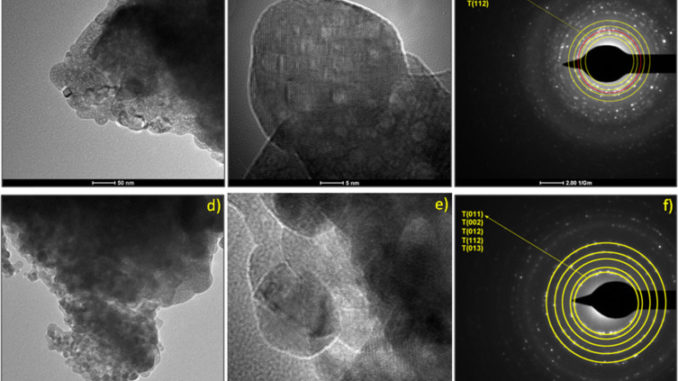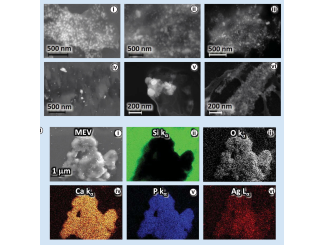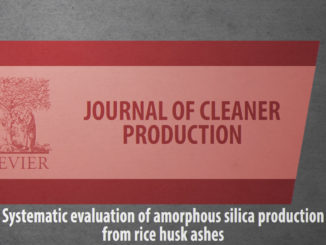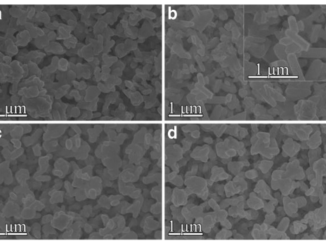
Synthesis and structural evolution of partially and fully stabilized ZrO2 from a versatile method aided by microwave power
Abstract: We propose a simple, fast, and economical method to obtain ZrO2 powders aided by microwave heating. Partially stabilized zirconia (tetragonal+monoclininc) undergoes transition to fully stabilized zirconia in the tetragonal phase as Gd3+ ions are incorporated (0.5–5 mol%) into the zirconium precursor solution and posteriorly annealed at 300, 500 and 700 °C for 15 min in an adapted household microwave oven. XRD, Rietveld refinement and Raman scattering results confirm that structural evolution of zirconia occurs due to the presence structural ordering at both long- and short-range, whose fully stabilization, and hence, the higher structural order-disorder degree, was kept only for doping content at 5% of Gd3+ by the elimination of secondary phase (monoclinic). TEM/HRTEM/SAED results revealed that partially and fully stabilized ZrO2 are polycrystalline materials composed by an agglomerate of nanoparticles formed due to the fast microwave heating.
Author(s): Silva Junior, E.; Antonio, S. G.; Longo, E.
Ceramics International Volume
DOI: https://doi.org/10.1016/j.ceramint.2017.11.145




